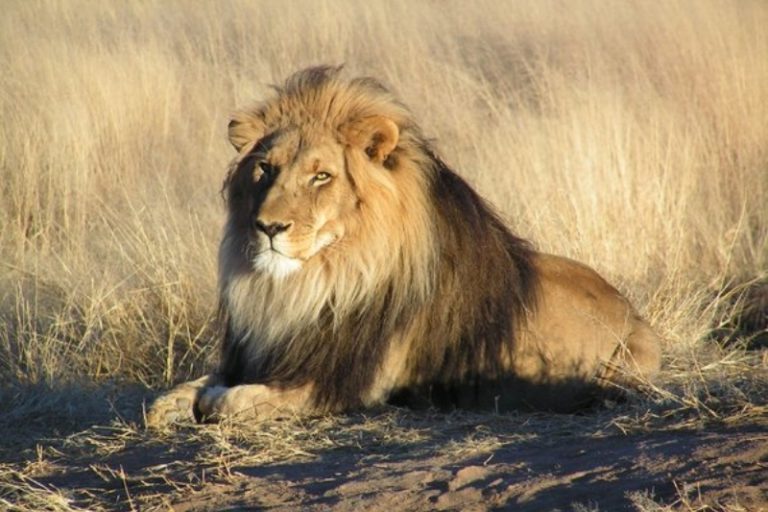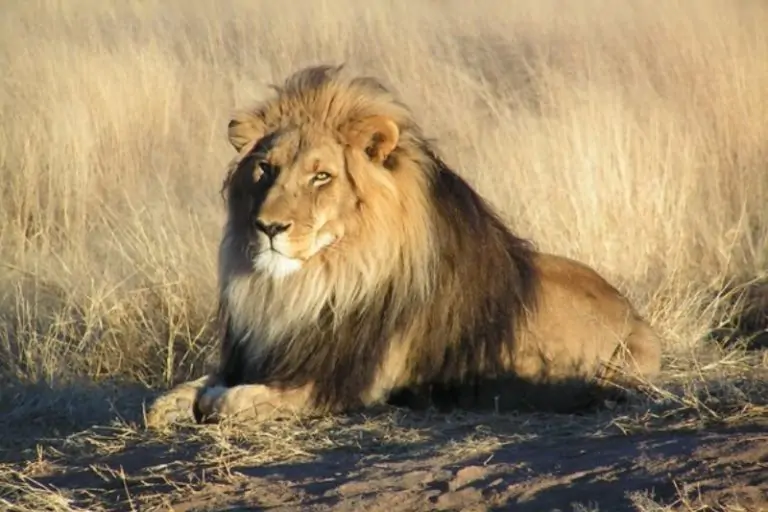

lions are called the king of the jungle reasons explained
The saying “Lions are called the king of the jungle” is well-known and has permeated our culture for many years. Although they do not live in jungles, lions have been given the label of “king” for numerous very convincing reasons. Let’s examine the elements that have contributed to the perception of lions as the kings of the animal kingdom.
Lions are strikingly beautiful creatures with a regal appearance that commands respect and admiration. With their golden fur, muscular build, and imposing mane (in the case of males), lions possess a dignified presence that exudes power and authority. Their confident stride and piercing gaze further contribute to their majestic aura, earning them the title of “king.”
In their natural habitat on the African savanna, lions occupy the top position in the food chain and exhibit dominance over other predators. As apex predators, lions have few natural enemies and are capable of hunting and killing large prey animals such as zebras, wildebeests, and buffalo. Their formidable hunting prowess and ability to form cooperative hunting groups, known as prides, further solidify their status as rulers of the land.
Lions are highly social animals that live in family groups called prides, typically consisting of multiple related females, their offspring, and a coalition of male lions. Within the pride, a dominant male lion, known as the pride leader or alpha male, assumes a leadership role and is responsible for defending the territory, mating with the females, and ensuring the survival of the pride. The presence of a powerful and respected leader reinforces the notion of lions as natural-born rulers.
Throughout history, lions have been revered as symbols of strength, courage, and nobility in various cultures around the world. In ancient civilizations such as Egypt and Mesopotamia, lions were often depicted in art, mythology, and religious symbolism as symbols of royalty and divinity. In Western culture, lions have been associated with monarchy and heraldry, appearing on flags, crests, and national emblems as symbols of power and sovereignty.
Lions have been prominently featured in literature, folklore, and popular media, further cementing their status as iconic symbols of strength and leadership. From Aesop’s fables to Disney’s “The Lion King,” lions have been portrayed as noble and dignified creatures worthy of admiration and respect. Their representation in movies, television shows, and advertising campaigns has contributed to the enduring image of lions as the kings of the animal kingdom.
In summary, even though they do not really rule over actual jungles, lions have gained the moniker “king of the jungle” due to their magnificent look, supremacy in the animal hierarchy, social structure, cultural symbolism, and depiction in popular culture. Lions are unquestionably the uncontested kings of the animal kingdom, captivating our imagination with their majestic demeanor, fearsome power, and leadership abilities.
South African President Cyril Ramaphosa defended his nation against claims of white discrimination made by tech magnate Elon Musk. After…
Hilton launched Signia by Hilton for its first appearance in Egypt and Africa through its hotel expansions. These hotels at…
UNICEF reported that, nearly 2900 people died of cholera across Eastern and Southern African countries while children suffer most greatly…
Enza, based in the United Arab Emirates, obtained $6.75 million in initial investment funding from Algebra Ventures and Quona Capital.…
US Secretary of State Marco Rubio ordered South African Ambassador Ebrahim Rasool to leave America by March 21 because he…
Early 2025 ends with IPL fever in India and cricket fans receive good news of an international schedule full of…
This website uses cookies.